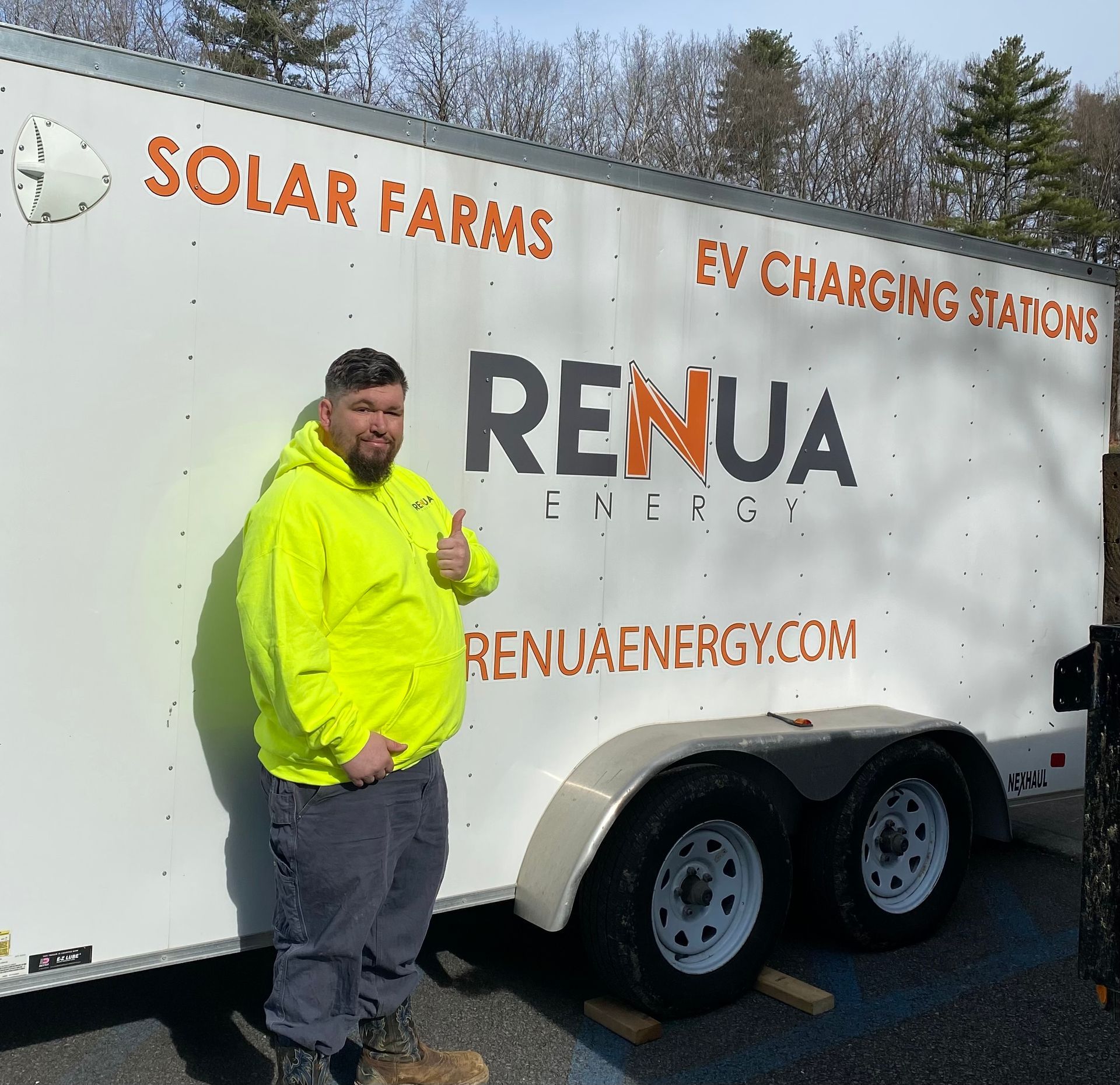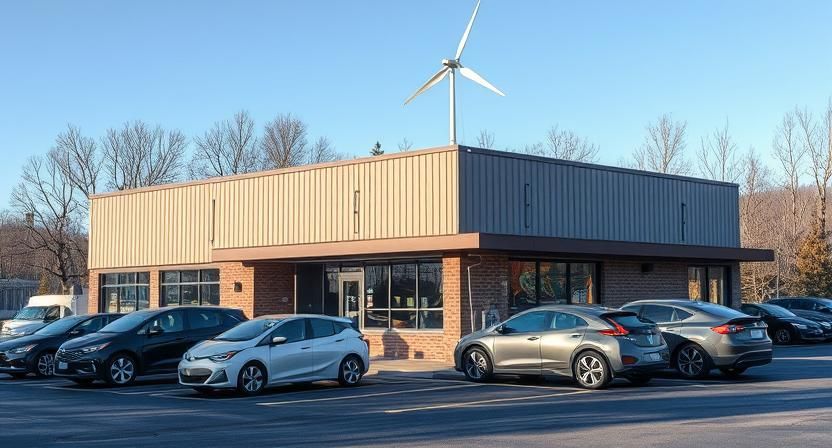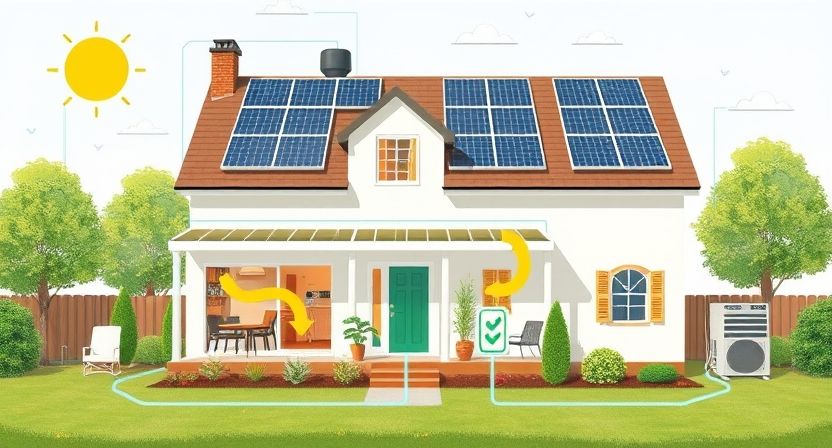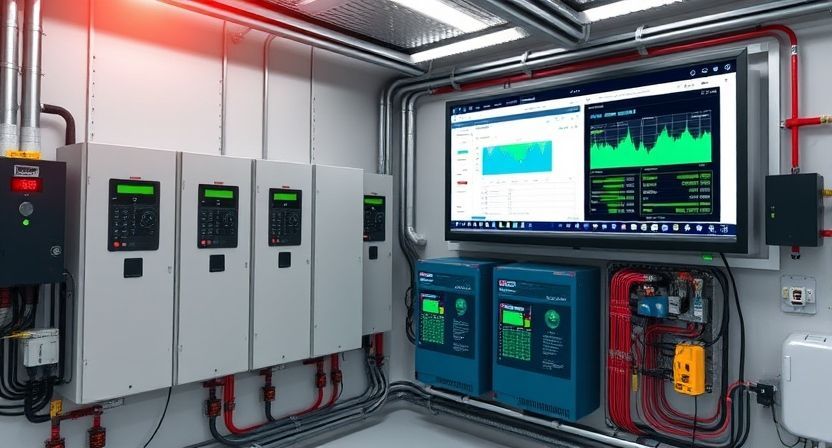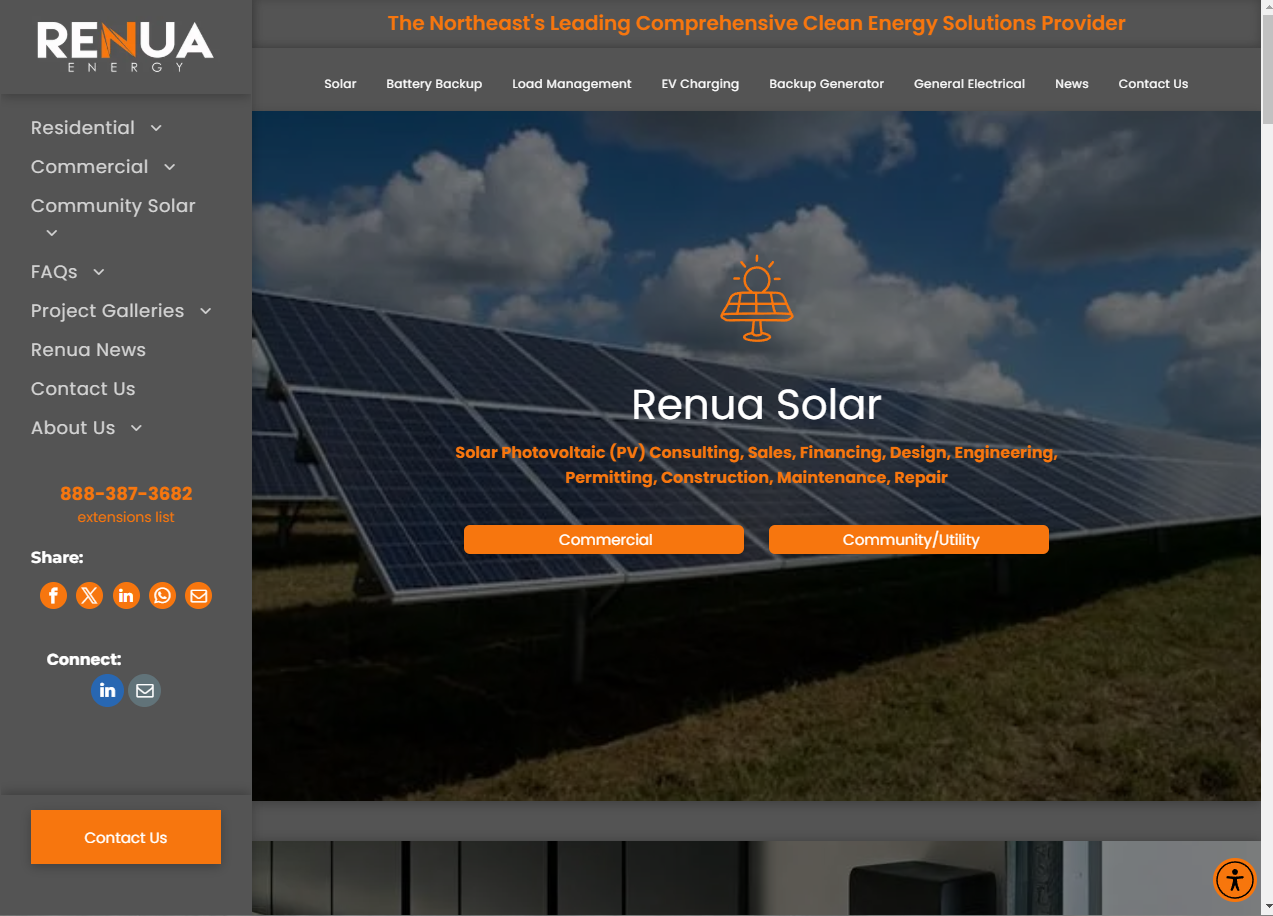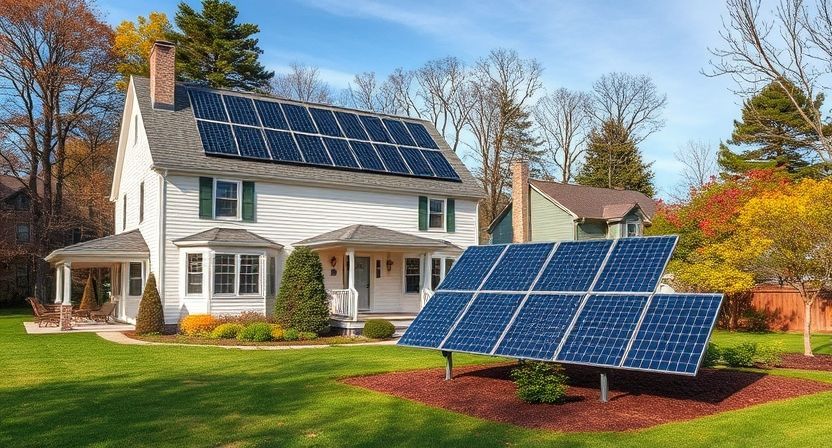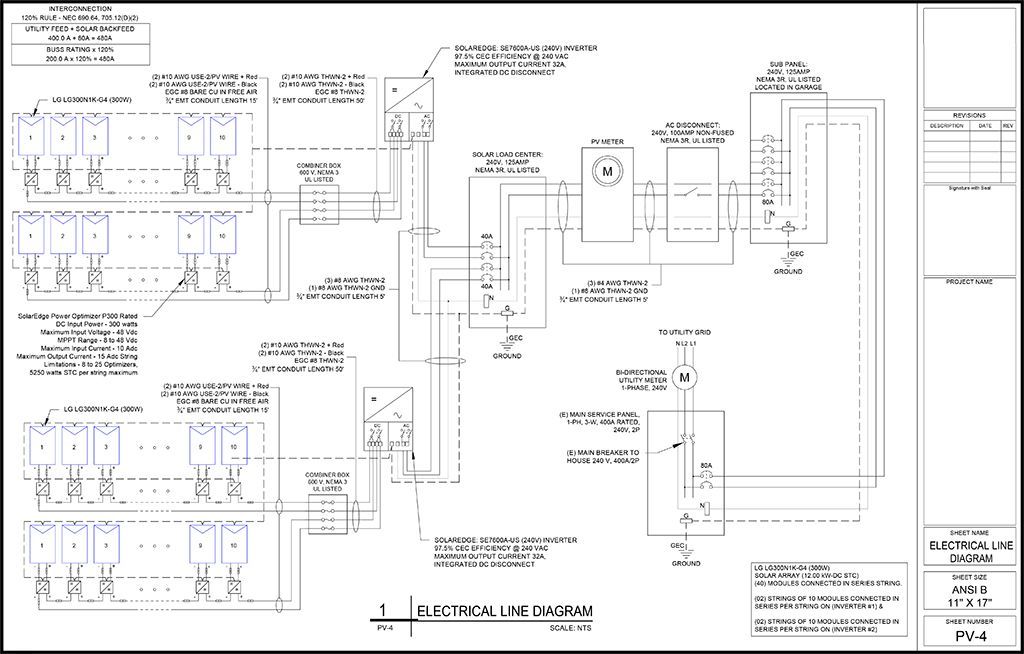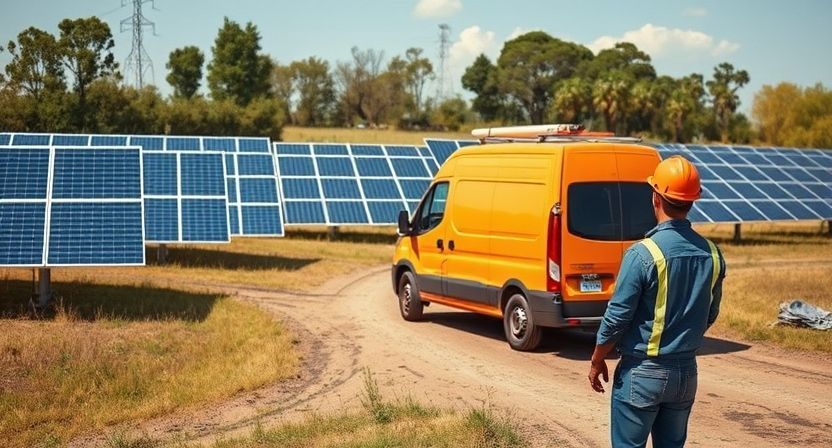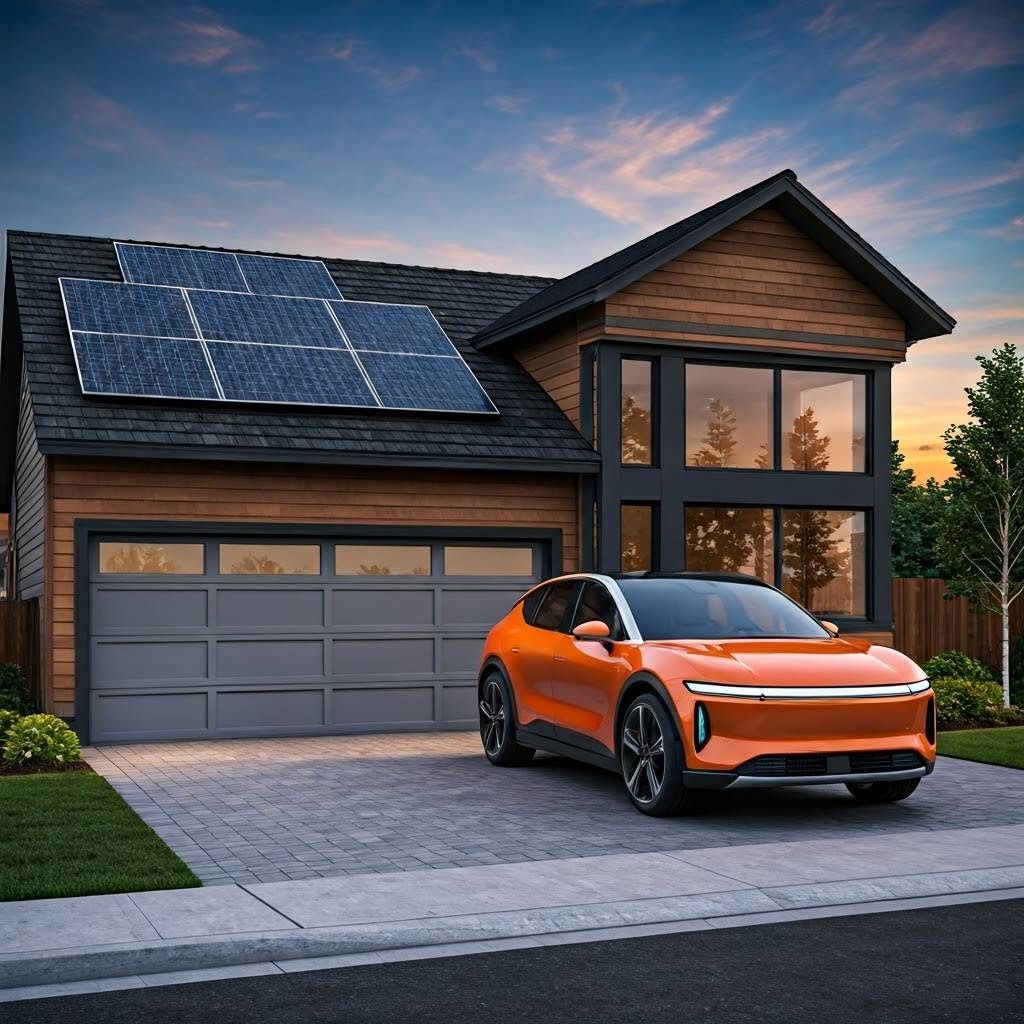Transportation Transformation
he Transformation of Transportation to Electric Vehicles
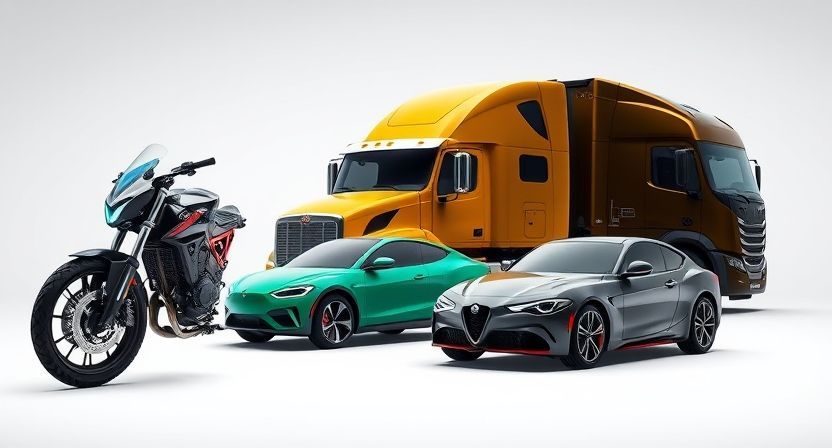
Introduction
Transportation has undergone remarkable changes over the years, but none have been as profound as the shift toward electric vehicles (EVs). This transformation spans various segments, from motorcycles and commute vehicles to family transportation, local delivery trucks, and long-haul trucks. Electric vehicles promise reduced emissions, lower operating costs, and a significant transition toward sustainable practices. In this article, we will explore each aspect of this revolution, the critical role of EV charging infrastructure, the importance of government incentives, and how companies like Renua Energy can serve as essential solutions providers in the Northeast.
The Electric Revolution Across Different Transportation Segments
1. Motorcycle Evolution
Motorcycles, long associated with the roar of combustion engines, are now embracing electric technology at an impressive rate. Brands like Harley-Davidson and Zero Motorcycles are leading the charge, producing electric models that boast impressive torque and quiet operation. The rise of electric motorcycles addresses concerns about noise pollution, especially in urban areas, where traditional motorcycles can contribute heavily to environmental degradation.
The shift towards electric motorcycles also caters to a growing demographic of environmentally conscious riders. Additionally, with advancements in battery technology, electric motorcycles now offer ranges and performance metrics that can rival their gas-powered counterparts. As charging stations become more widespread, electric motorcycles will gain even more traction among commuting and recreational riders alike.
2. Commute Vehicles
The rise of electric commuter vehicles has been one of the most visible aspects of the electric transportation revolution. Tesla has set the standard for electric sedans with its Model 3, pushing competitors like Ford, Chevrolet, and Nissan to enter the market with their electric offerings. These vehicles typically offer impressive features, performance capabilities, and long ranges due to advancements in lithium-ion battery technology.
As cities become increasingly congested, electric vehicles offer an enticing alternative to traditional gas vehicles. Many commuters are now opting for electric vehicles due to their lower operating costs, reduced maintenance needs, and environmental benefits. Governments are also encouraging this transition through subsidies, tax credits, and investments in charging infrastructure, making electric commuting more accessible.
3. Family Transportation
Family transportation has traditionally been dominated by larger SUVs and minivans, which often have larger emissions footprints. However, electric versions of these family-friendly vehicles, such as the Tesla Model Y and the Ford Mustang Mach-E, are becoming increasingly popular. These vehicles often come equipped with advanced safety features and spacious interiors, appealing to eco-conscious families seeking practical yet sustainable transportation options.
Electric family vehicles not only reduce carbon emissions but also offer long-term economic benefits. Families can save significantly on fuel costs, and with various states offering incentives for electric vehicle purchases, the upfront costs can be mitigated. The evolving landscape of family transportation is increasingly leaning toward battery-powered technology.
4. Local Delivery Trucks
The logistics and delivery sector is rapidly transitioning to electric-powered local delivery trucks. Companies like Amazon and UPS are investing in electric trucks to reduce their carbon footprints and meet sustainability goals. Electric delivery trucks benefit significantly from lower operating costs compared to their diesel counterparts, making them financially viable for businesses.
Local delivery vehicles often serve in densely populated areas, where emissions from traditional gas vehicles can pose significant health risks. Electric trucks contribute to cleaner air quality and quieter operations, positively impacting community health. As cities impose stricter emissions regulations, electric local delivery trucks will become integral to logistics operations seeking compliance and sustainability.
5. Long-Haul Trucks
While long-haul electric trucks are still in the early stages of development compared to other segments, companies like Nikola and Tesla are already looking to revolutionize this space. The potential for electric long-haul trucks to emit zero emissions on the road makes them a vital component in the broader push toward sustainable freight transport.
Electric trucks for long-haul transport pose different challenges, including battery capacity and charging times. However, developments in technology, coupled with advancements in renewable energy integration, present exciting opportunities for the future. The long-haul trucking sector could significantly reduce greenhouse gas emissions by converting to electric power.
The Importance of Electric Vehicle Charging Infrastructure
The transition to electric vehicles is contingent on the development of robust charging infrastructure. A widespread and reliable EV charging network is essential for alleviating range anxiety—one of the primary concerns for potential electric vehicle owners. It will assure users that they can conveniently charge their vehicles wherever they may be, enabling longer trips and broader adoption.
Types of Charging Infrastructure
1. **Home Charging**: Many EV owners initially charge their vehicles at home, which makes residential charging a crucial element of the charging ecosystem. Home-based charging stations can power a car overnight and are relatively cost-effective and easy to install.
2. **Public Charging Stations**: Essential for those who don’t have access to home charging. Public stations vary in terms of charging speed—Level 1 chargers are slow, while Level 3 (DC Fast Charging) can significantly reduce charging time, making EVs more practical for long journeys.
3. **Fleet and Commercial Charging**: For businesses that operate EV fleets for deliveries or commuting, dedicated fleet charging stations not only optimize uptime but also allow for better energy management practices.
4. **Highway Charging Corridors**: These are crucial for long-haul trucks and travelers on extended road trips. An effective network of fast chargers along highways can make long-distance electric travel feasible.
Conclusion on Charging Infrastructure
An adequate charging infrastructure supports the growth of the entire electric vehicle market, serves as a catalyst for increased consumer confidence, and facilitates the expansion of electric transportation across all segments.
The Role of Government Incentives
Government incentives play a vital role in accelerating the transition to electric vehicles. These incentives can take various forms, including:
- **Tax Credits**: Many governments provide tax credits for EV purchasers, reducing the overall cost.
- **Rebates**: Direct financial rebates can be available for both individual consumers and businesses purchasing EVs or installing charging infrastructure.
- **Grants for Charging Infrastructure**: Grants can be issued to municipalities and businesses to fund the development of charging stations and infrastructure.
- **HOV Lane Exemptions**: Many regions allow electric vehicles to access High-Occupancy Vehicle lanes, which encourage carpooling and can reduce travel time.
- **Infrastructure Investment**: Governments can also invest directly in developing charging networks, potentially partnering with private companies for efficiency and reach.
The combined efforts of government incentives and the proactive engagement of private companies will be essential for overcoming market barriers and achieving significant growth in electric vehicle adoption.
Renua Energy: A Solutions Provider in the Northeast
As the Northeast transitions to electric vehicles, Renua Energy is uniquely positioned to play a pivotal role. The company specializes in developing innovative energy solutions that can facilitate the shift towards electric transportation. Here's how Renua Energy can contribute significantly to this transformation:
1. Charging Infrastructure
Renua Energy can develop tailor-made charging solutions for various stakeholders, including municipalities, businesses, and apartment complexes. By investing in the deployment of various types of EV charging stations, Renua Energy can alleviate range anxiety and accelerate EV adoption across the Northeast.
2. Renewable Energy Integration
Renua Energy focuses on sustainable energy solutions, offering charging stations powered by renewable energy sources such as solar and wind. This can help create a greener ecosystem by ensuring that the energy used for charging electric vehicles is as sustainable as the vehicles themselves.
3. Consulting and Planning
Navigating the rapidly changing landscape of electric transportation can be daunting for municipalities and businesses. Renua Energy can provide consulting services on best practices, available incentives, and future planning for electric vehicles and charging infrastructure.
4. Community Engagement
Renua Energy emphasizes community engagement as they roll out infrastructure. By collaborating with local governments and residents, they can ensure that their solutions meet the specific needs and concerns of each community.
5. Long-Term Partnerships
Renua Energy has a vision for long-term partnerships with businesses and governments that keeps both sustainability goals and economic viability in focus, ensuring that all parties involved benefit from the transition to electric transportation.
Conclusion
The transition to electric vehicles represents a monumental shift in how we think about transportation. As motorcycles, commute vehicles, family transportation, local delivery trucks, and long-haul trucking evolve towards electric technology, the importance of a robust charging infrastructure and government incentives cannot be overstated. Renua Energy stands ready to lead in the Northeast, ensuring that the necessary infrastructure and support are in place to facilitate this transformation. By collaborating with stakeholders and leveraging renewable energy solutions, Renua Energy can help pave the way for a cleaner, more sustainable future in transportation.
As the electric vehicle revolution continues, the opportunities for innovation and collaboration will grow, ensuring that future generations can enjoy a cleaner, quieter, and more efficient transportation landscape. For more information about Renua Energy's solutions, visit www.RenuaEnergy.com(http://www.RenuaEnergy.com).

Renua Energy is a federally and state certified SDVOSB providing solar development project resources and electric vehicle service equipment project development.
Have Questions?
We're here to help!
All Rights Reserved | Renua Energy Inc.
Renuaenergy.com and the editorial content, graphics, and products of the Renua Energy website, unless otherwise noted, are the products of Renua Energy Inc.. The information presented on this website is copyrighted as collective work. Any unauthorized reproduction, by any means, mechanical or electronic, without the express written permission of Renua Energy Inc. is strictly prohibited.

